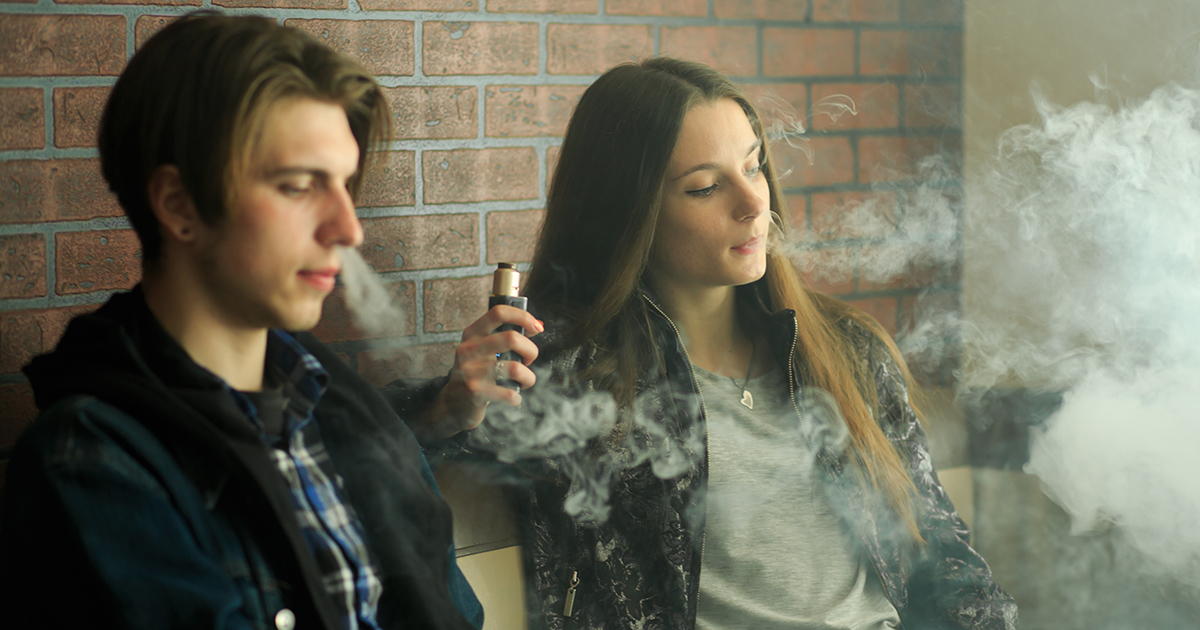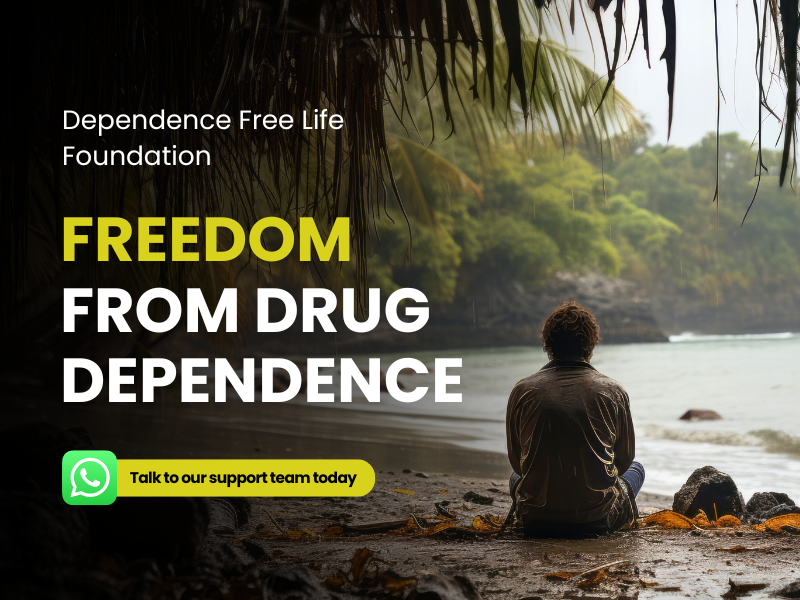How to identify tell-tale signs of addiction in your kids?

5 Ways to Find Out if Your Child is Using Drugs or Alcohol or smoking cigarettes
Think your kid has been using drugs or drinking? Here are 5 ways to find out if your guess is correct. And remember: Even if you can't find evidence, it's important for parents to always trust your gut -- and take action by talking with your child and seeking help if necessary. After all parents are the best judge of their children.
- Use Your Nose — Have a real, face-to-face conversation when your kid comes home from a night out with friends, If your child has been drinking alcohol,smoking cigarettes, or smoking marijuana, the smell will be on his breath, his clothing and his hair.
- Take a Closer Look — When your teenager gets back from going out with his/her friends,take a close look. Pay attention to his/her eyes (the eyes will be red and heavy lidded, with constricted pupils if he’s/she's been smoking marijuana); if she's been drinking, the pupils will be dilated, and he/she may have difficulty focusing on you. In addition, if she has red, flushed color to the face and cheeks she may have been drinking.
- Watch for Mood Changes — How is your teen acting after a night out with friends? Is he loud and obnoxious, or laughing hysterically at nothing? Is he is unusually clumsy to the point where he's stumbling into furniture and walls, tripping over his own feet and knocking things over? Is he withdrawn, and unusually tired and slack-eyed for the hour of night? Is he stumbling into the bathroom? These are all signs that he could have just been using some kind of illegal substance: alcohol, marijuana, or something else.
- Monitor Driving and the Car — If you suspect your teenager has been using illicit substances recently, see if the car has any clues to offer. Is her driving is more reckless when she's coming home after being with her friends?Is there a new dent in the front of the car and she claims she knows nothing about it. If you're suspicious, examine the inside of the car too; Does it smell like marijuana smoke or alcohol fumes? Are there any bottles, pipes, bongs, or other drug paraphernalia rolling around on the floor or hidden in the glove box? If you find anything, please read the section “what to do if your child is drinking or using drugs?” and explore ways to handle the situation better.
- Keep an eye out for deceit or secretiveness — Are her weekend plans starting to sound a little fishy? Is she being vague about where she's going? Can she describe the movie she supposedly just saw? She says that parents will be at the parties she's going to but can't give you a phone number, and comes home acting intoxicated. She gets in way past her curfew or estimated time, and she's got a seemingly endless string of excuses to justify her behavior. When excuses fail, she'll respond to your inquiries and concern by telling you that it's none of your business. Something is wrong, and you need to figure out what she's really up to.

Searching Your Child’s Room
Some parents are against “snooping,” while others believe they have the right to look through their children’s things. There is no correct answer. Searching your child's room should be a decision you are able to defend. If you notice any change in your child’s behavior, unusual odors wafting into the hallway from their room (like pot and cigarette smoke), smells to mask other smells such as room fresheners, or other warning signs you need to find out what’s going on behind that "KEEP OUT" sign. Your child needs to understand that the limits you set with them do not stop at their bedroom door.
If you have decided not to tell your child about the search, be prepared to explain your reasons to them if she catches you mid-search. Let your child know that you are doing it out of concern for his or her health and safety. If you discover that your kid is not drinking or doing drugs, this could be a good time to find out if there's something else that may be on her mind.
Where to Look?
Kids come up with some crafty places to conceal cigarettes, alcohol, drugs, and drug paraphernalia. Here’s a short list of some possible hiding spots:
- Dresser drawers beneath or between clothes
- Desk drawers
- CD/DVD/Tape/Video cases
- Small boxes –jewelry, pencil, etc.
- Backpacks/duffle bags
- Under a bed
- In a plant,buried in the dirt
- In between books on a bookshelf
- Inside books with pages cut out
- Makeup cases –inside fake lipstick tubes or compacts
- Under a loose plank in floor boards
- over-the-counter medicine bottles
- Inside empty candy bags such as M&Ms or Skittles
Also, search your kid’s cell phone speed dial list, BBM/whatsapp buddy lists for names you haven't heard of before. Ask your kid about any names you don’t recognize.

What to do if your child is smoking, drinking or using drugs?
If you discover that your child has been indulging in smoking, drinking or using drugs, we would emphasize on the importance of confronting your child for the first time. Here are some of the pointers that will guide you:
Kids come up with some crafty places to conceal cigarettes, alcohol, drugs, and drug paraphernalia. Here’s a short list of some possible hiding spots:
- Remain calm — If you start yelling, you’ll give your child a reason to storm out of the room, cutting the conversation short.
- Emphasize the importance of honesty —Explain to your child that it takes much more courage to tell the truth than to lie. Also remind him/her that liars usually get caught.
- Grant your child “immunity” — Promise your child that if she tells you the truth, there will be no immediate consequences, such as punishment.
- Verify his/her claims —If your kid is sticking to her story, say, “That’s fine, but I’m going to call [your friend or friend’s parent] just to make sure that’s what really happened.” Remember, you’re not trying to catch your kid in a lie, but you do need to know the whole picture of your kid’s world so that you can keep her healthy and safe. Contacting your child’s friends or their parents to ask about your own kid’s behavior isn’t overstepping your boundaries – it’s responsible parenting.
- Focus on the behavior, not the person — Your child may honestly fear disappointing you or looking imperfect in your eyes. Emphasize again and again that drug use is dangerous,but that your child is not a bad person if she’s addicted to drugs, drinking alcohol or smoking cigarettes.
Following these tips should guide you and your kid through a very productive discussion, but there’s no guarantee that yelling or crying won’t occur. If things get too heated or emotional, there is nothing wrong with stopping the conversation. If you think both parties just need to take a break, you can say, “We’re not going to get anywhere if we both keep yelling. Let’s take a five-minute break and then try again.”
If you and your teen are so emotional that you just want to call it quits for the day, that’s okay, too. End the discussion, reschedule for the next day or week, and then try a different approach the next time. Read our section on “How to prepare for a conversation with your kids” to plan better for the next session with your kid.






